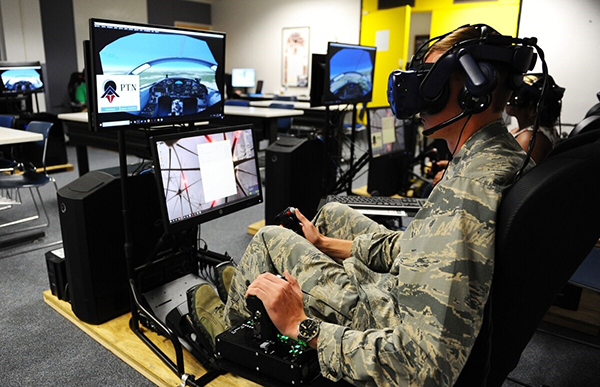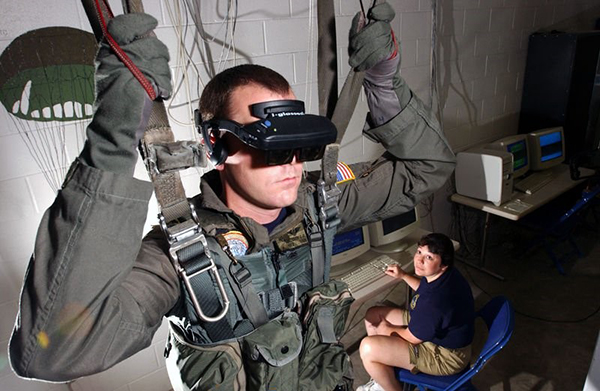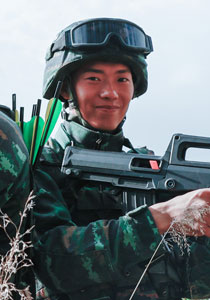By Lan Shunzheng
At present, confirmed cases have appeared in militaries of multiple countries with a large number of related personnel having been quarantined amid the spreading novel coronavirus (COVID-19) pandemic across the world. This will undoubtedly have a greater adverse impact on the normal training and deployment of the military. Virtual reality (VR) training will thereby play an immense role in solving the current difficulties faced by the militaries.

Traditional military training means restricted amid the pandemic
In the case of the pandemic, traditional training means will no longer be feasible. To curb the spread of the novel coronavirus, the Pentagon has closed its recruitment center, and no one is allowed to get in or out without permission; canceled or slashed training activities, exercises including NATO’s Defender Europe 2020, US-Israel “Eagle Genesis”, and India-led "Milan-2020" having been cancelled or postponed indefinitely.
Besides, some important figures in the militaries of various countries have to "work from home". US Secretary of Defense Mark Esper and Deputy Defense Secretary David Norquist were "physically quarantined" before, and could only communicate with others via video calls. These measures are necessary in such a special period. However, the long-term impact on future military combat readiness cannot be neglected since the end of the pandemic remains unclear. The lack of training may lead to skill degradation and even decline in joint operation capability and interoperability.

VR technology facilitates non-contact training
When traditional training means are restricted, VR technology opens up another viable path. People have been quite familiar with VR technology. The integration of some technologies and hardware such as computer graphics technology, multimedia technology, sensor technology, human-computer interaction techniques, network technique, stereoscopic display technology and simulation technique can generate the technology of VR. It can in turn establish a highly realistic computer simulation environment in the senses of vision, hearing, touch, smell and taste, and users can interact with the environment to have immersive experience. The VR technology can function to simulate more realistic rehearsal of concept exercises (RCOs), and has been highly valued by the military since its birth.
At present, the VR technology has been widely used in the military field, ranging from individual training software, table-mounted flight training device, immersive virtual reality training environment and multi-site complex tactical team training device.
The VR training has many advantages. In addition to the most obvious ones of saving training funds, reducing logistics support pressure, shortening equipment development cycle and avoiding accidental casualties and equipment damage during training, the technology also allows single or multiple participants to complete training tasks in different virtual environments without going outside and physical contact, and this advantage is more evident in the pandemic.

Data show that the US Army's Close Combat Tactical Trainer (CCTT) system can establish a virtual combat environment for combat personnel to complete combat training tasks in an artificially synthetic environment.
A virtual system of this kind enables quarantined units or individuals to keep training in a virtual environment amid the pandemic, effectively alleviating the decline in combat capability caused by the break-up of actual training. In this way, the troops can comply with the anti-pandemic guiding principles of quarantine and not going out during the pandemic, and meanwhile maintain combat readiness to a certain degree.
To sum up, in view of the impact of the pandemic, VR technology will draw more attention from various countries for its non-contact feature, and may become popular with the militaries across the world in the future.


















